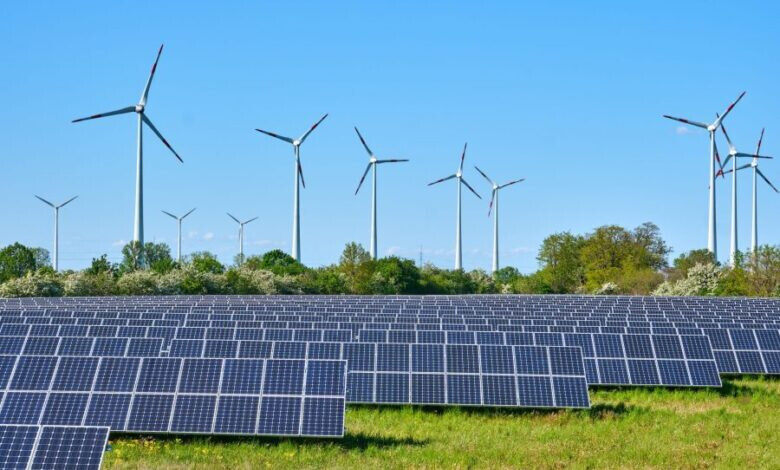
Baku, Azerbaijan – November 14, 2024 – A landmark international agreement signed at the UN Climate Change Conference (COP29) in Baku marks a pivotal moment in the global energy transition. Uzbekistan, Kazakhstan, and Azerbaijan have joined forces to create a transformative renewable energy corridor that will deliver clean electricity from Central Asia to Europe via a groundbreaking deep-sea transmission cable.
The agreement, formalized on November 13, 2024, designates Uzbekistan's Ministry of Energy as the lead implementation agency. The Cabinet of Ministers and relevant ministries across the three nations will ensure the seamless execution of the agreement's provisions.
This ambitious initiative, rooted in a joint venture established in Baku in August 2024, aims to construct a 2,500-kilometer high-voltage direct current (HVDC) transmission line. This cable will traverse the Caspian Sea, through Azerbaijan and Georgia, and across the Black Sea to Romania, providing a direct conduit for renewable energy to European markets. The estimated cost of this monumental project exceeds $2 billion.
"This project represents a paradigm shift in regional energy cooperation," stated Umid Mamadaminov, Uzbekistan's Deputy Minister of Energy. "By 2030, Uzbekistan alone anticipates exporting 10-15 billion kWh of renewable electricity to Europe, contributing significantly to the continent's decarbonization goals."
The Italian firm CESI has been commissioned to conduct a comprehensive feasibility study, expected to conclude by late 2025. This study will assess the technical and economic viability of the project, ensuring its long-term sustainability.
Economic and Environmental Impact:
The energy corridor is poised to generate tens of thousands of jobs across the participating nations, stimulating economic growth and fostering technological innovation. It will also strengthen regional energy infrastructure, enhancing energy security and stability.
"This is more than just a transmission line; it's a bridge connecting continents and fostering sustainable development," said a representative from the Kazakh Ministry of Energy. "The project will unlock the vast renewable energy potential of our region, contributing to global efforts to combat climate change."
To ensure the reliability of domestic energy supplies, Uzbekistan and Kazakhstan will develop new renewable energy generation facilities specifically dedicated to the export project, separate from their existing national grids. These facilities will likely include large-scale solar and wind farms, leveraging the abundant renewable resources of the region.
Market Dynamics and Pricing:
The electricity exported to European markets is projected to be priced at a competitive 4-5 cents per kilowatt-hour. This pricing strategy aims to make renewable energy from Central Asia an attractive alternative to traditional fossil fuels, accelerating Europe's transition to a greener energy mix.
The project is expected to attract significant international investment, with potential funding from multilateral development banks and private sector entities. The strategic location of the corridor, connecting resource-rich Central Asia with energy-hungry Europe, positions it as a critical component of the global energy landscape.
Looking Ahead:
The successful implementation of this project will not only enhance energy security and promote economic development but also serve as a model for future international collaborations in renewable energy. The participating countries are committed to ensuring the project's environmental sustainability, adhering to stringent environmental standards and best practices.
As the world grapples with the urgent need to address climate change, this initiative underscores the importance of international cooperation and innovative solutions in driving the global energy transition. The renewable energy corridor from Central Asia to Europe represents a beacon of hope and a testament to the power of collective action.
[Copyright (c) Global Economic Times. All Rights Reserved.]






























